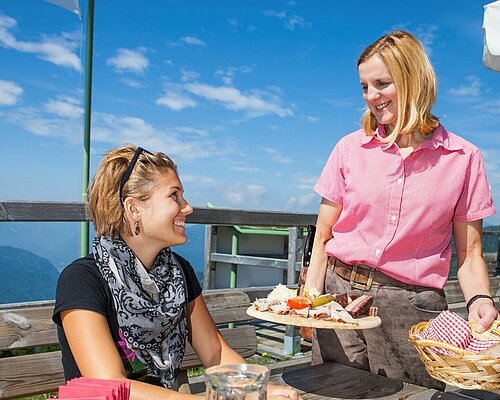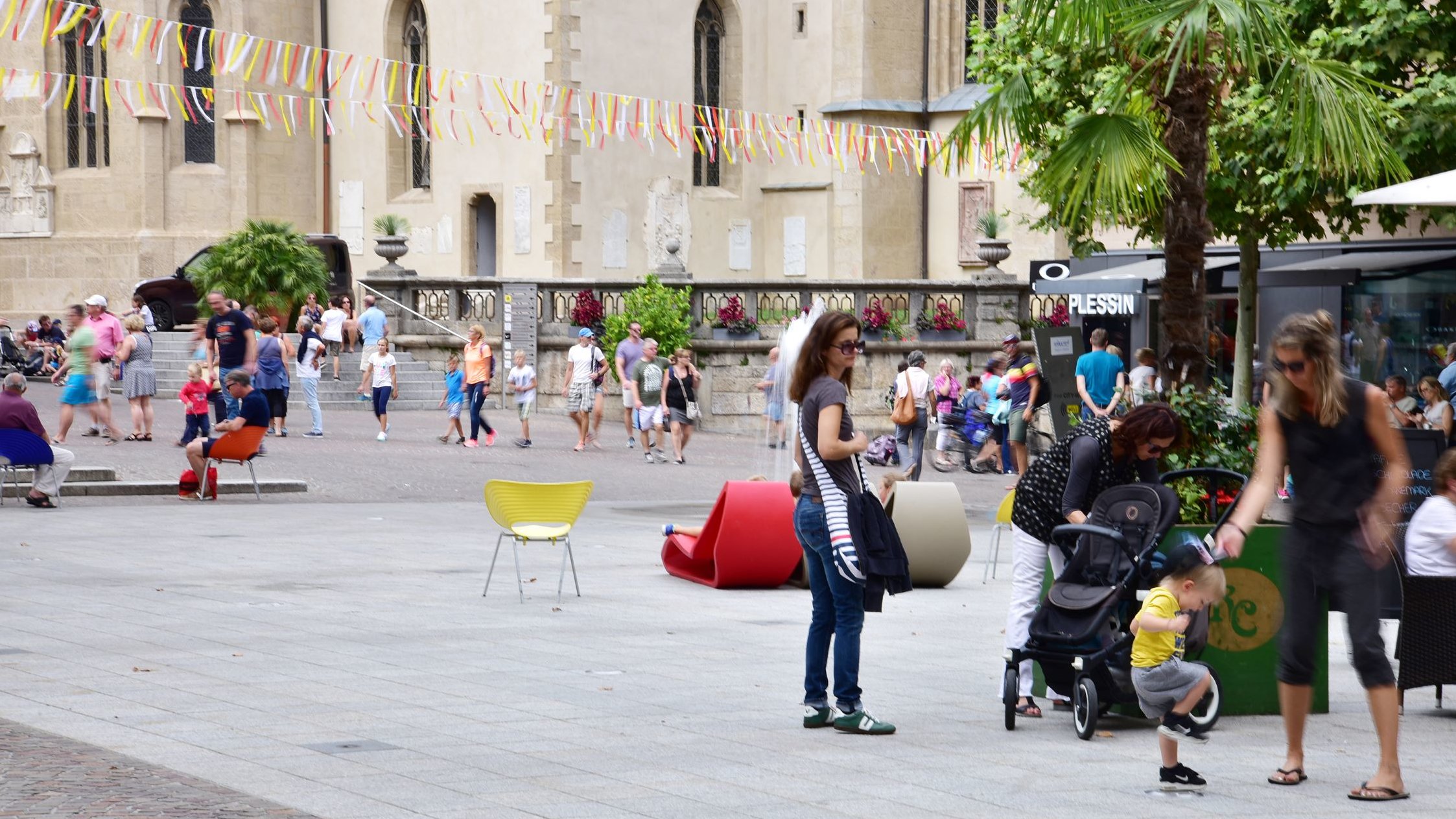CRASH COURSE IN THE CARINTHIAN DIALECT

The ability to speak the Carinthian dialect is a helpful skill for life in Villach. Whether you are visiting Carinthia on holiday or live here full time, being able to speak the dialect is a great way to build community with locals. Understanding and learning the Carinthian dialect is one of the ways that you can show your acclimation to Austria, plus you may be able to blend in as a local - sounds like a good idea right?
SO HOW DO YOU SPEAK CARINTHIAN? FIRST, SOME RULES:
The Carinthian dialects are divided into Upper, Middle and Lower Carinthian. There is no ü in the Carinthian language!
Rule 1: Typically, the umlaut ü is usually replaced with the vowel u. In many cases, the umlaut ü is replaced with an i or ia.
- Rule 2: If a word that contains a ü does not apply to the previous rule, then it is replaced with a new word.
From Hochdeutsch to Carinthian:
- Küssen becomes bussln (kissing)
- Pflücken becomes klaubn (picking)
- Pfütze becomes lockn (puddle)
- Rücken becomes buggl (back)
- Hühnchen becomes hendl (chicken)
- Mütze becomes haubn (cap)
The spelling of many German verbs changes in the Carinthian Dialect, for example:
- Ich habe becomes i håb (I have)
- Ich bin becomes i bin (I am)
- Ich lebe becomes i leb (I live)
The Carinthian dialect is not something you will learn in German class. It is important to understand that “standard German” or “Hochdeutsch” is not always the same German that you will hear in Austria. The Carinthian Dialect is a part of the “Bavarian-Austrian” dialect and each region of Austria has its own variation of the language.
The Carinthian dialect is a living language. There have been several noble attempts to create online dictionaries (see the resources at the end of this article) but the fact of the matter is that it is passed down through speech. For many Austrians, a dialect is the first language they grow up speaking, it is something that they live and breathe.
Since moving to Villach, I have had several Carinthian locals inform me that the Carinthian dialect is the “sexiest” of all Austrian dialects. After some research into the subject, I found that a 2011 study from Parship.at found that 25% of Austrian singles found the Carinthian dialect to be the sexiest. So who knows, speaking Carinthian may get you a date in Austria. Good luck!

THE BASICS:
- Grias di - Hello
- Pfiati - Goodbye
- Jå! - Yes
- Na! - No
- A ...? - Introduces a question
- Maaa! - Expression of disappointment
- Ga? - Really? Or Is that true?
- Haa? - I beg your pardon?
- I - the same as “ich” in German or the English “I”
- Donkschen - Thank you
- Ament/Eppa - maybe
EXPRESSIONS:
- a bisl - a little
- a Masa - a lot
- auf da Aks - on the way
- deachl - over there
- åle Ritt - again and again
- neamp - nobody
- Gneat - hurry. “Wos hostn du fan Gneat?” Why are you in such a hurry?
- Haifte - enough
- a Masn håbn - to be lucky
- Mingale - a small piece (such as with food)
- Tua ei losn, wead schon passn - reassuring saying
- Wås weastn? - What would you like to drink? Question for waiters
THE FUN STUFF:
- an Schleim håbn - to be mad at someone (literally translates to “have mucus”)
- Einebrotn - to flirt with a woman
- A fescha Kampl - a handsome man
- Wantsche Tudl - an easy-going, uncomplicated woman
- Liabale - a dear person
- Oaschale - very nice word for your beloved
- Pregler - schnapps
- Tamisch - crazy
- “Brauchts es ane Untatatzalan oda tans de Schalalan alaan aa?” - Carinthian tongue twister, “Do you also need saucers or just cups alone?”
If you are interested in learning more about the Carinthian dialect, there are several resources online. However, I believe the best way to learn this “living language” is to practice speaking with locals. So get out there and use some dialect! Leave any helpful Carinthian phrases or words I missed in the comments below.
